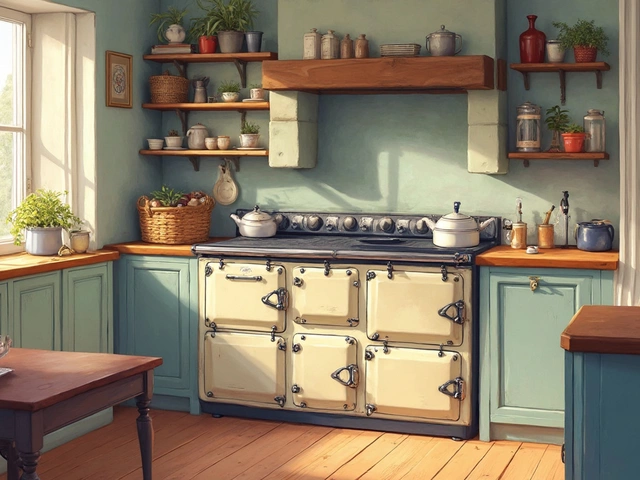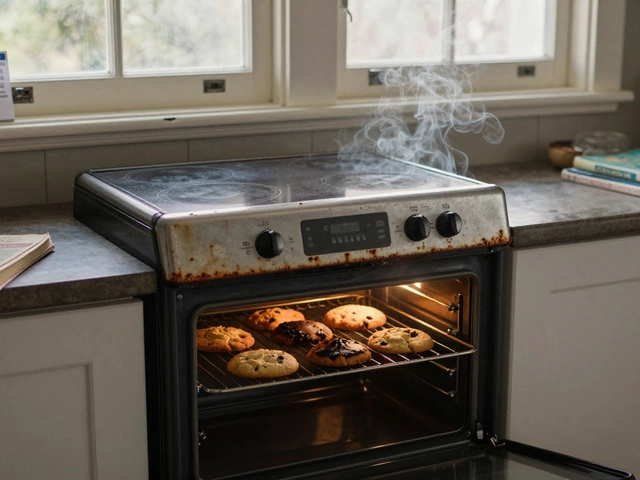How Long Do Pressure Cookers Last? Expert Advice and Lifespan Tips
August 8 2025Water Heater Safety: Simple Steps to Protect Your Home
Ever wonder why your water heater feels like a ticking time bomb? It’s not. A well‑kept heater gives you hot showers without hassle, but neglect can lead to leaks, scalds, or even a dangerous gas leak. The good news? Staying safe takes just a few easy habits.
Routine Checks You Can Do Yourself
First, turn off the power or gas supply before you start any work. This is the single most important safety move.
- Temperature setting: Keep the thermostat at 120°F (49°C). Higher temps waste energy and raise the risk of scalds, especially for kids and the elderly.
- Pressure‑relief valve (PRV): Lift the valve's handle once a year. If water sprays out, the valve works. If nothing happens, replace it—it's a cheap insurance policy against explosions.
- Flush the tank: Sediment builds up, reduces efficiency, and can cause overheating. Drain a few gallons, shake the tank gently, then refill. Do this every 6‑12 months.
- Inspect for leaks: Look around the base, pipes, and connections. A slow drip can turn into a flood fast, and water around a gas line is a serious fire hazard.
- Check the anode rod: This sacrificial metal piece stops tank corrosion. If it’s more than half worn away, swap it out. Most rods are easy to unscrew with a socket wrench.
These quick tasks take under an hour and keep your heater humming.
When to Call a Certified Gas Engineer
Some jobs are best left to the pros. If you smell gas, hear a hissing sound, or notice the pilot light won’t stay lit, shut off the gas and call a certified engineer right away. Also, if the water temperature fluctuates wildly, the heater is making loud banging noises, or you see rust inside the tank, it’s time for a professional diagnosis.
Our team at Bedford Gas Appliance Repair Services can handle everything from PRV replacement to full boiler overhauls. We’re Gas Safe registered, so you know the work meets legal safety standards.
In an emergency, locate the main shut‑off valve for gas and water. Turning these off stops further damage while you wait for help. Keep the valve’s location noted on a kitchen or bathroom wall for quick access.
Remember, regular maintenance isn’t just about saving money—it’s about protecting your family. A well‑maintained water heater lasts longer, runs cheaper, and stays safe.
Got questions about your heater’s health? Give us a call and schedule a quick safety check. A small effort today can prevent a big headache tomorrow.
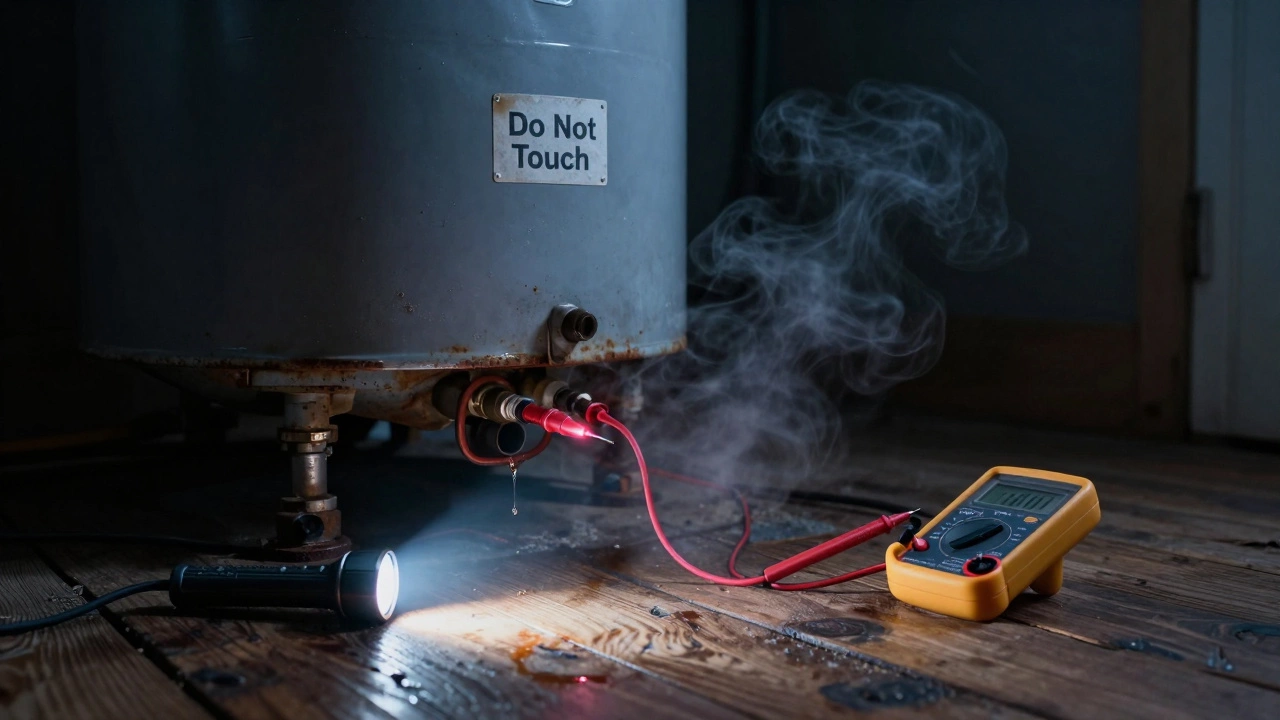 19 Jan
19 Jan
Should You Fix Your Own Water Heater? Here's What Really Works
Should you fix your own water heater? Most DIY repairs are dangerous and costly. Learn the two safe fixes, the hidden risks, and when to call a professional instead.
Read More...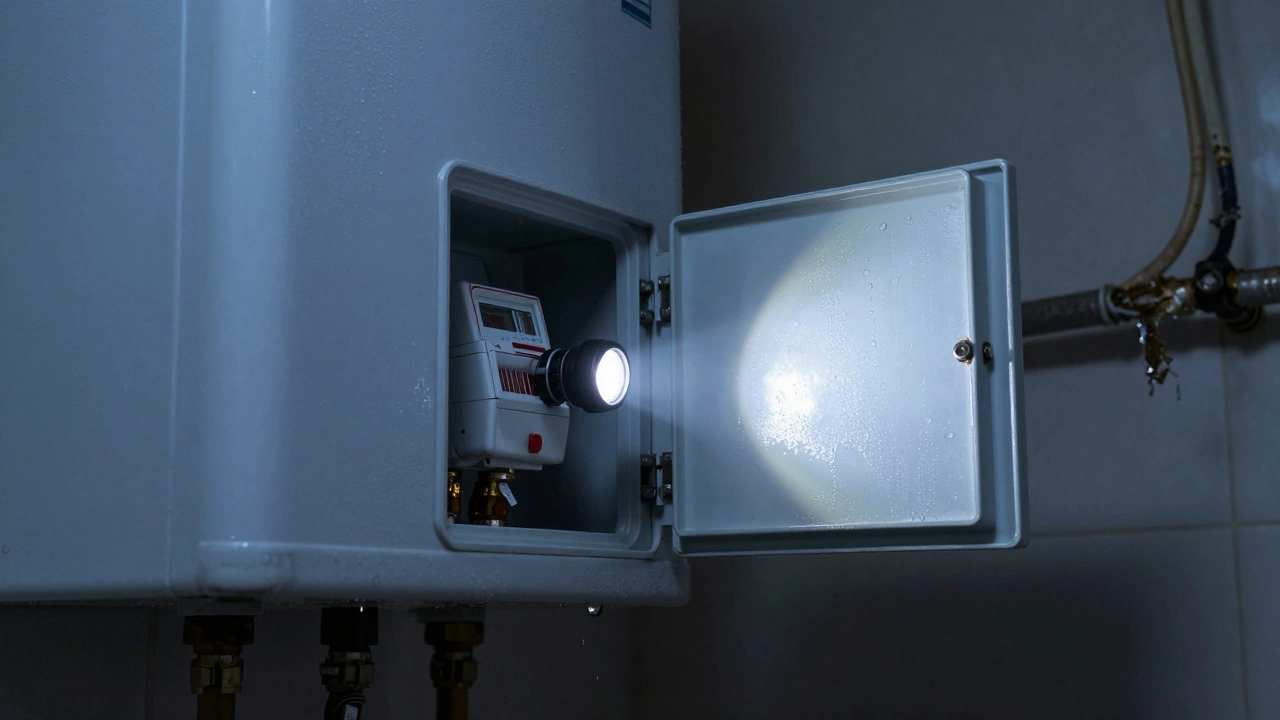 1 Dec
1 Dec
Is It Safe to Reset a Water Heater? What You Need to Know Before Trying
Resetting a water heater can be safe-but only if you know why it tripped. Learn when it’s okay to press the button, when it’s dangerous, and what to do instead to avoid costly damage or injury.
Read More...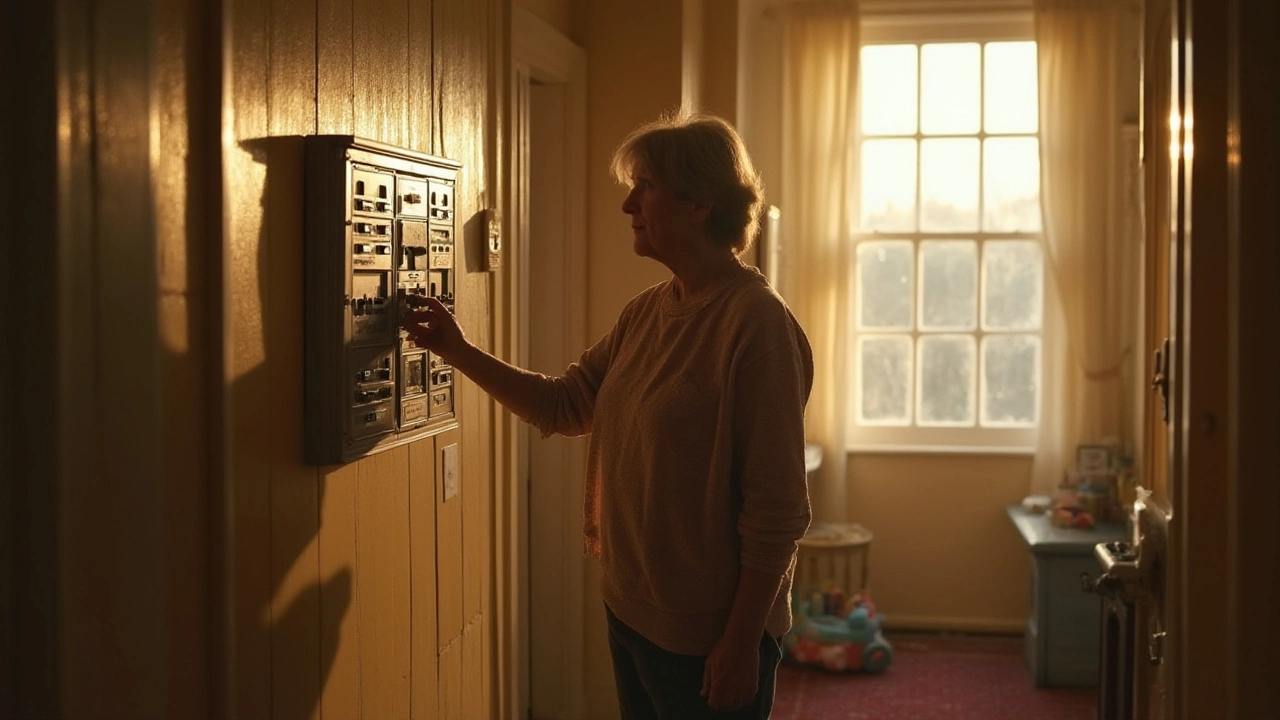 30 Jul
30 Jul
Should You Turn Off the Breaker When Resetting Your Water Heater?
Not sure if you should turn off the breaker before resetting your water heater? Find out why safety matters, step-by-step tips, and what can go wrong.
Read More...
